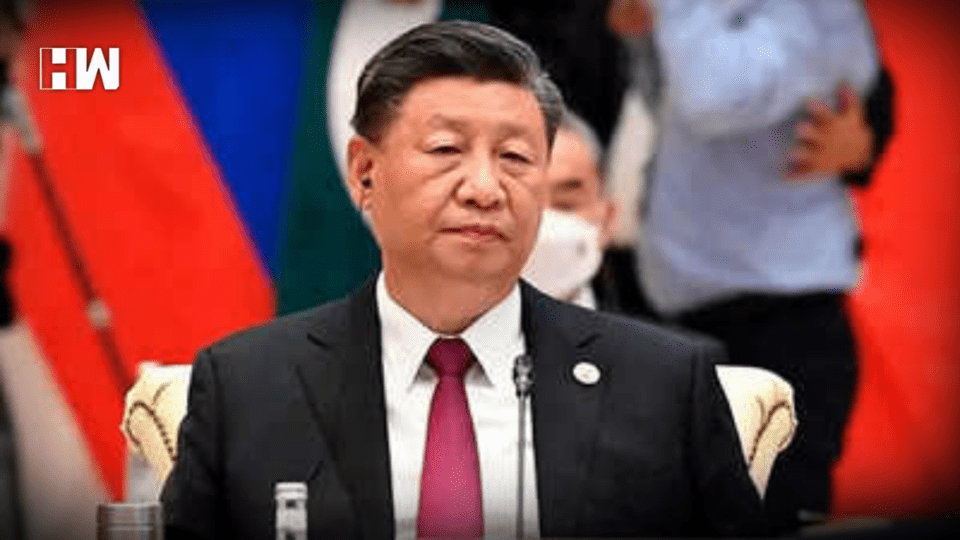China’s quiet foray into the Middle East in December, as the world focused on the Russia-Ukraine conflict, sought to take advantage of the current discord between the United States and the Kingdom of Saudi Arabia
Beijing: China’s quiet foray into the Middle East in December, as the world focused on the Russia-Ukraine conflict, sought to take advantage of the current discord between the United States and the Kingdom of Saudi Arabia to convert its existing bilateral relationship with the latter into a strategic one, according to a report in Asian Lite.
The report said: “The China-Saudi summit tells the West that the Arabs have somebody else to look up to while the Chinese expect the summit to indicate that they have finally arrived in the region.” Chinese President Xi Jinping in December, paid an official visit to Riyadh to attend the first China-Arab States Summit and the China-GCC Summit, setting aside worries of an uncontrollable virus outbreak in his country.
He also paid a state visit to Saudi Arabia at the invitation of Saudi Arabia’s King Salman bin Abdulaziz Al Saud.
Also, Read: Dhaka Commerce Minister Tipu Munshi Says India Bangladesh Haats Will Reopen Soon
The Saudis gave Xi a warm welcome. His plane after it entered Saudi Arabia’s airspace, was escorted by four fighter jets from the Royal Saudi Air Force and six Saudi Hawk jets from the royal aerobatic team after it entered Riyadh’s airspace.
The Chinese President was greeted by the Governor of Riyadh Province Prince Faisal bin Bandar Al Saud, Foreign Minister Prince Faisal bin Farhan Al Saud, and Minister Yasir Al-Rumayyan who works on China’s affairs.
“In Riyadh, Xi assured the Saudis that his intentions in seeking to strengthen ties in the Middle East were noble. He talked about the need to “consolidate political mutual trust and firmly support each other’s core interests” and “jointly uphold the principle of non-interference in internal affairs, practice true multilateralism, and defend the common interests of all developing countries”,” according to the Asian Lite report.
The report also said that: “Oil was Xi’s first priority issue. He assured that China will “continue to import large quantities of crude oil on a long-term basis from Gulf Cooperation Council (GCC) countries, and purchase more Liquefied natural gas (LNG)”. He said the Shanghai Petroleum and Natural Gas Exchange platform will be fully utilized for RMB settlement in the oil and gas trade.”
Xi made several promises like building data and cloud computing centres with the GCC countries, strengthening 5G and 6G technology cooperation and implementing digital economy projects in communication networks and cross-border e-commerce.
The Arabs promised Xi that they will commit to the one-China principle and will oppose any hostile acts against China. They also assured of jointly building the Belt and Road Initiative (BRI) projects.
“President Xi was quick to reciprocate and say “the Palestinian issue bears on peace and stability in the Middle East…the historical injustices done to the Palestinian people should not be left unattended indefinitely”,” reported Asian Lite.
Xi spoke in support of the two-state solution and the principle of ‘land for peace’. Xi saw his efforts in the Middle East as a step towards South-South cooperation.
(Except for the headline, this story has not been edited by HW News staff and is published from a syndicated feed.)
As an independent media platform, we do not take advertisements from governments and corporate houses. It is you, our readers, who have supported us on our journey to do honest and unbiased journalism. Please contribute, so that we can continue to do the same in future.

